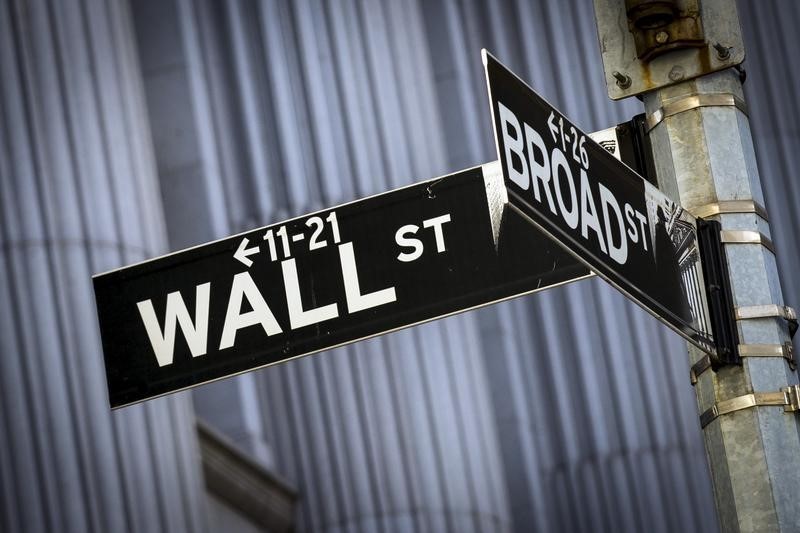By Geoffrey Smith
Investing.com -- U.S. stock markets opened cautiously higher on Tuesday after the slowest rise in consumer prices in seven months eased fears that the Federal Reserve will take abrupt action to tighten monetary policy.
Official data showed that prices excluding food and energy rose only 0.1% in August, rather than the 0.3% expected, while the annual core inflation rate fell to 4.0% from 4.3% in July. Overall, prices rose by 0.3% on the month and 5.3% on the year, both marginally lower than expected.
The figures showed cooling demand for used cars, which had been one of the biggest drivers in prices earlier in the year, as well as a 9.1% drop in airline fares, as Covid-19 ate into the strong summer tourist demand that airlines had been hoping for. Weakness in those areas was partially offset by a rise in rents, reflecting the surge in house prices over the last year.
By 9:45 AM ET (1345 GMT), the Dow Jones Industrial Average was up 79 points, or 0.2%, at 34,949 points. The S&P 500 was up 0.2% and the Nasdaq Composite was up 0.3%.
"Effectively we have a moderation in the re-opening hotspots of the past four months," said James Knightley, chief international economist with ING, a note to clients. However, he warned that broader inflationary pressures are unlikely to go away in the next couple of months, saying that headline inflation will stay close to 5% through the first quarter of next year. Knightley pointed to the Fed's Beige Book research, which last week said that businesses were finding it relatively easy to pass on higher input costs to customers. That was endorsed by the monthly survey of the National Federaion of Independent Business on Tuesday, where 49% of respondents said they are currently raising prices
"Given the decent growth and elevated inflation environment in the U.S., we expect the Federal Reserve to announce the (quantitative easing) taper process in November and expect the Fed to raise interest rates twice in late 2022," Knightley said.
Among large caps, there were bigger individual moves to the downside rather than the upside. Wynn Resorts (NASDAQ:WYNN) stock fell 9.0% and Las Vegas Sands (NYSE:LVS) stock fell 9.6% on a report saying that Beijing wants stronger regulation of the Macau gaming sector, extending the buzzkill from its crackdown on videogames. Software giant Oracle (NYSE:ORCL), meanwhile, fell 3.9% after reporting a soft fiscal first quarter and saying that revenue would be nearly stagnant on the year in the current three months. Comcast (NASDAQ:CMCSA) stock, which has hit a string of record highs in recent weeks, fell over 4% after a company executive was reported as telling an investor conference that net customer additions in its cable business had slowed since the end of August.
On the upside, FuelCell Energy (NASDAQ:FCEL) stock, which has lost over three-quarters of its value from its February peak, rose 27% after its quarterly revenue rose more than expected, narrowing the company's net loss.
